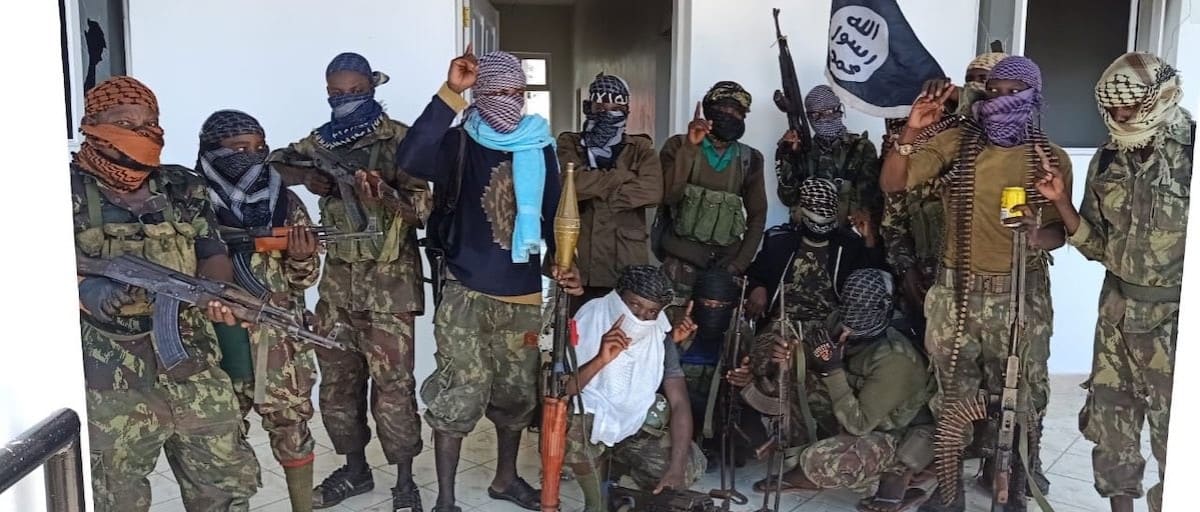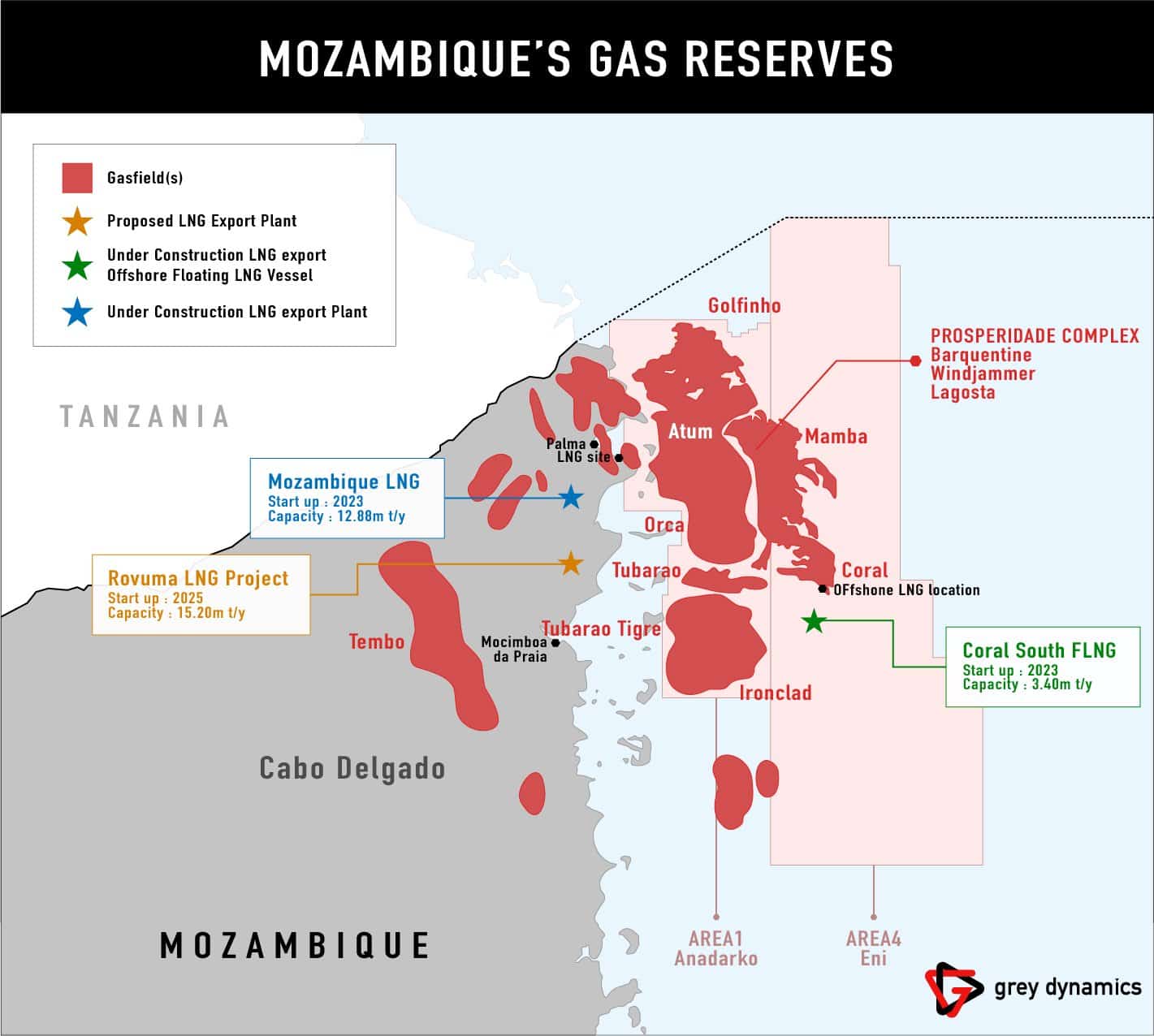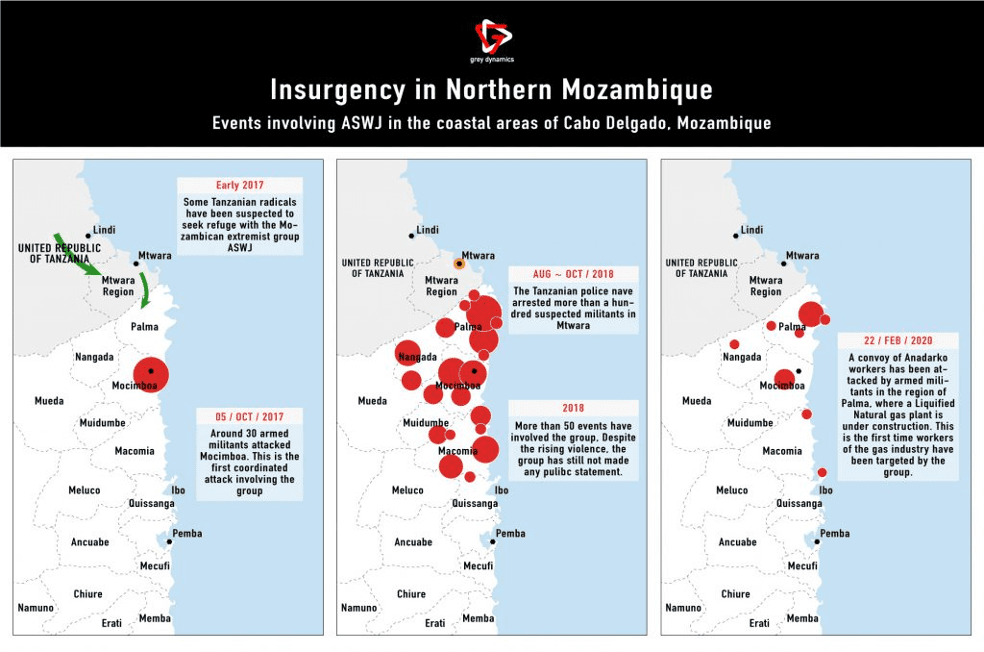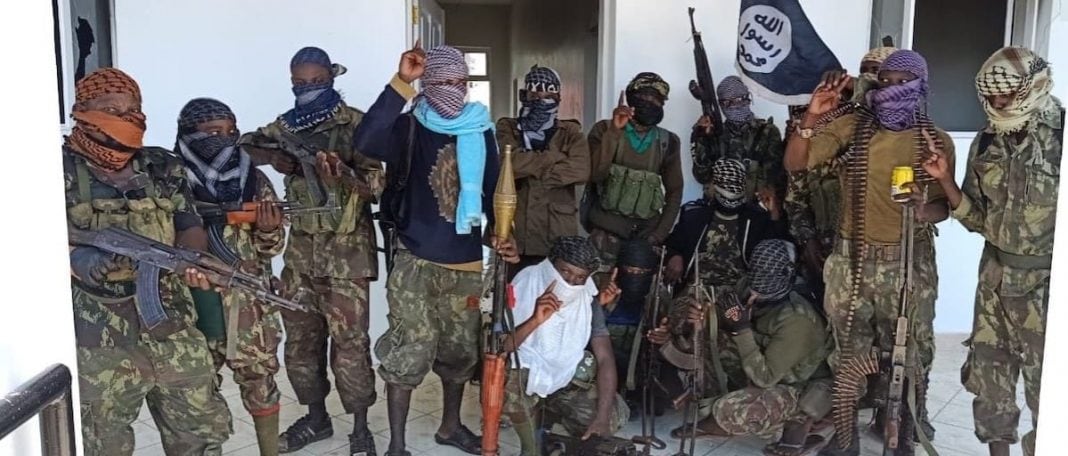
There were rumours of ISIS Central Africa (ISCAP) operating in the region and the group has claimed the attack in Mozambique, Mocimboa Da Praia and shows affiliation or opportunism. This is an intelligence and military failure by Mozambique and the Wagner group to stem the flow of insurgency. The following attack took place March 25th on the town Quissanga, destroying the police headquarters. The insurgents were carrying Islamic State flags. It is possible that there is a partnership, or multiple insurgency groups operating in the region.
Insurgent tactics have shifted towards targeting LNG supply lines and key towns. This is not only destabilising for the state but has resulted in thousands of residents fleeing the area. The Russian Wagner Group is an instrument of Russian investment, and private mercenaries are combatting the insurgency. After reports of 10 mercenaries being beheaded in November, doubts existed that they could contain the threat. The government, failing to address the growing reports, has facilitated the consolidation of power for the group.

- There is at least one Islamist insurgent group operating in Northern Mozambique. Tactics have evolved from attacking civilians to targeting supply lines and government/corporate projects.
- The Wagner Group has failed to contain the threat of the insurgency. It is likely that Russian military presence has been used as propaganda for recruitment.
- A lack of effective government strategy in Mozambique and activity in the region has facilitated a possible resurgence in the form of ISIS Central Africa. Violence is likely to increase between March-September 2020. This will likely be through guerrilla warfare, if existing failures continue, conventional warfare operations of holding towns may become a reality.

Evolution Timeline
- Extremist preacher Aboud Rogo assassinated in Mombasa, August 2012. Followers flee to Tanzania.
- Swahili speaking imams migrate to Cabo Delgado from Tanzania. Preaching anti-state ideology.
- Marginalised Mwadi ethnic youth becomes a likely target for recruitment.
- Traditional Sufi Muslim’s resist spread but property and mosques seized, provisional leaders warned, but no help is given.
- 2012-2015 new radical group associates with regional criminal networks.
- In 2015 as a response to local resistance, ‘militarisation’ stage began.
- January 2017, Russia signs a military cooperation agreement with Mozambique.
- 30 -40 Ahlu Sunnah wa-Jumma (ASJW) militants on October 5th, 2017, attack Mocimboa de Praia near the LNG finds. Violence continues.
LNG
The attack on Anadarko convoy in February 2019 is a part of multiple raids in an area with plans to develop a $50 billion natural gas project. An attack on LNG projects threatens to destabilise Mozambique’s potential economic growth while showing an increase in capacity for the group. The Exxon Mobil Corp and Total have requested Mozambique to send more troops to the region, as the viability of the project is now in question. Militants recently seized Mocimboa da Praia, a key town near the LNG construction, on March 23rd.
This town is a supply line for LNG construction, ISIS Central Africa has claimed responsibility for the attack. The dawn raid was a bold move that will further destabilise the region. March 25th insurgents carrying Islamic State flags attacked the Quissanga town in the same province. Thousands have now fled the area. Quissanga is another key logistical town for supplies and will significantly disrupt the LNG supply chain. Mozambique President Filipe Nyusi is requesting international assistance in the region. While also appearing to open the way for negotiations with the group.
Call for War
The opposition party in Mozambique is calling for the government to declare war on ISIS in Cabo Delgado region. Approximately 910 people have been killed in the attacks. Since January, at least 28 attacks have been launched. The attacks have so far displaced approximately 100,000 people. There is a media blackout in the area, so complete and accurate information is not available.
The government intends to establish a thriving economic area through natural resources. Declaration of war would allow significant mobilisation of troops to tackle the insurgency. It is likely that fear of investment loss is a reason for the delay. Investment in a war zone is unlikely so as of now only police and security forces are engaging with the insurgents.
If a military presence is not established, it is likely the insurgency will grow in capacity. This would not only diminish current investment but risks resources falling into the hands of insurgents. Although the former scenario is less likely, until the government takes the situation seriously, the insurgency threatens stability in the region for the foreseeable future.
Russian Wagner Group
Russian military helicopter flew in September 2019. On 23rd February, a Russian Antonov plane arrived with military cargo and a second military helicopter. Russian state military aircraft operator 224 Flight Unit reportedly operated the flight. For 20 years Mozambique had been a Soviet outpost. The military agreement inadvertently concerns Western investors and exacerbates the lack of confidence in the government. Foreign troop presence pretext constantly used by insurgent groups as propaganda for foreign invasion.
The Moscow Times reported that two anonymous military sources in Mozambique describe there are growing tensions between the military and the Wagner group. This results from multiple failed operations, failing to stop the growth of the militant group. It is likely that military presence will have to increase. The Wagner group won the contract to help the government when Black Hawk and OAM were better alternatives. The Latter may be consulted soon to replace or integrate into the counterinsurgency if tensions continue. An effective and coherent strategy for security in the region is so far absent.
Russian mercenaries as part of the ‘non-existent’ Wagner Group have ramped up security operations in partnership with the government. There are doubts over their ability and expertise necessary for the Mozambique ISIS insurgency. There are assumptions that the Kremlin-linked group have been brought in because of high-level political connections.
Rather than eliminate the insurgency, Wagner’s presence believed to be a ‘package deal’ to keep President Nyusi in power. While there is an increased presence following the Mocimboa de Praia town, militant activity likely to continue. The surprise of the seizure is a case example of the Wagner Group failing to contain the threat. With corporate interests on the line, counterinsurgency efforts are likely to increase.
Image: ISS Africa (link)

